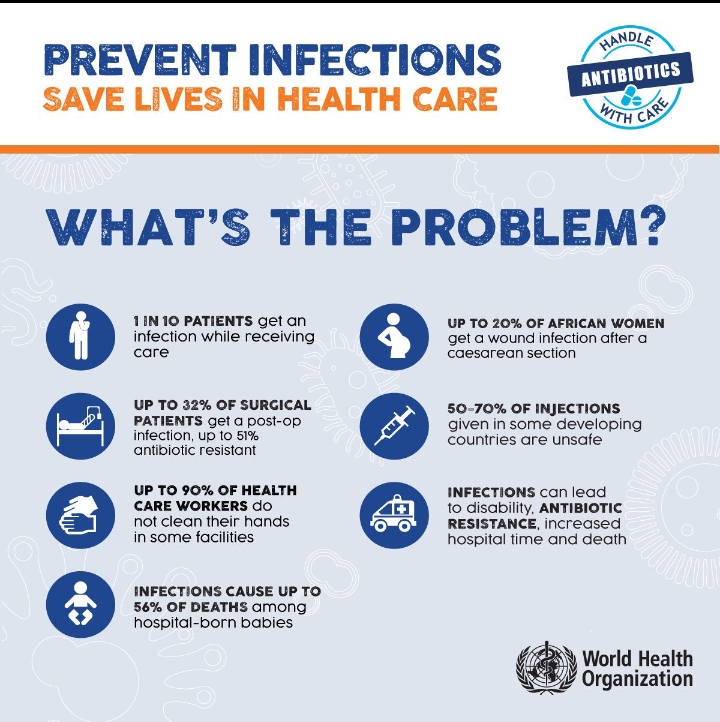Why is it a concern?
AMR kills:
Infections caused by resistant microorganisms often fail to respond to the standard treatment, resulting in prolonged illness and greater risk of death.
AMR hampers the control of infectious diseases:
AMR reduces the effectiveness of treatment because patients remain infectious for a longer time, thus potentially spread resistant microorganisms to others.
AMR threatens a return to the pre-antibiotic era:
Many infectious diseases risk becoming uncontrollable and could derail the progress made towards reaching the targets of the health-related United Nations Millennium Development Goals set for 2015.
AMR increases the costs of health care:
When infections become resistant to first-line medicines,more expensive therapies must be used. The longer duration of illness and treatment, often in hospitals, increases health-care costs and the financial burden to families and societies.
AMR jeopardizes health-care gains to society:
The achievements of modern medicine are put at risk by AMR. Without effective antimicrobials for care and prevention of infections, the success of treatments such as organ transplantation, cancer chemotherapy and major surgery would be compromised.
AMR threatens health security, damages trade and economies:
The growth of global trade and travel allows rapid spread of resistant microorganisms to distant countries and continents.

